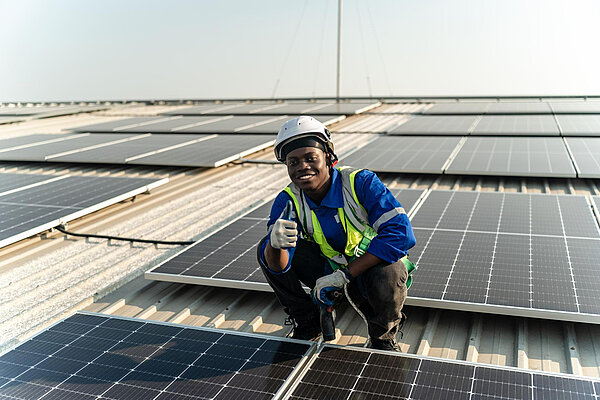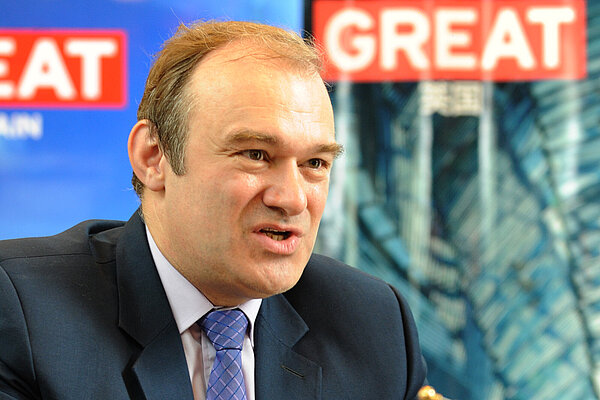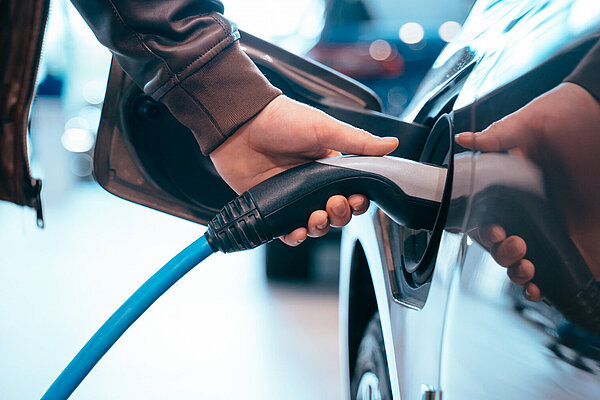Vital though they are, climate change conferences rarely deliver. Regrettably, Dubai’s COP28 was another disappointing summit. Despite hype that the agreement saw “the beginning of the end for fossil fuels”, the actual text was undermined with loopholes and flawed by the absence of timescales.
This sad reality was only confirmed by the most independent of judges – the markets. The share prices of the oil and gas majors didn’t move.
And as emissions continue to rise and as the world continues to heat up, we just can’t afford more such failures.
If the world is going to take action and make the agreements so desperately needed, then the next two years will be critical – and three things need to happen.
First, we need to see nations deliver on their existing promises fast – including the UK, where, like too many other countries, we are not on course to meet our own “nationally determined” target.
Second, we need a huge international political effort between now and Brazil’s COP30 in 2025, to remove the remaining barriers to a dramatic shift in global direction.
Third, we need politics and technology to deliver the combination of leadership and confidence that made the Paris Climate Agreement of 2015 possible – the last COP that really did move the dial.
So how can the UK help make the difference in each of these three tests? And how can we Liberal Democrats work to make sure the UK steps up?


